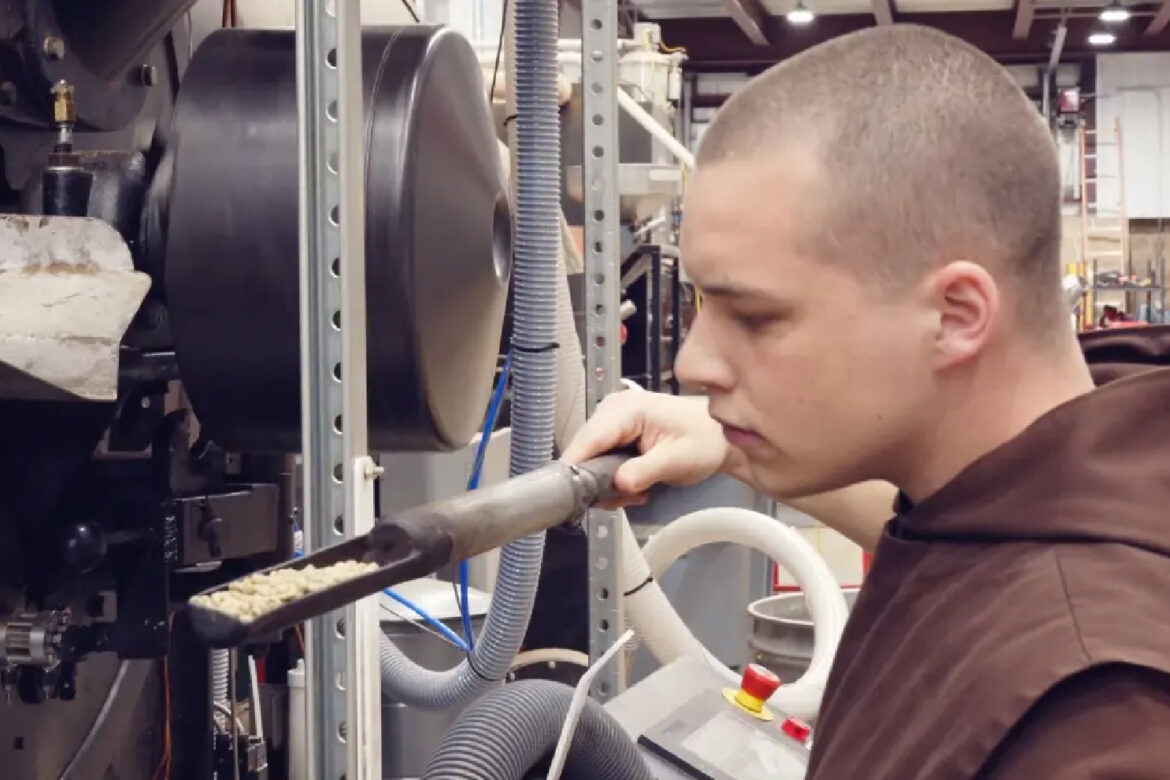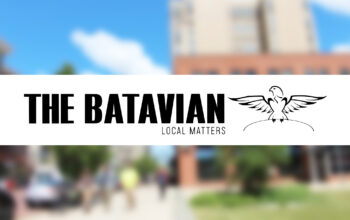The Mystic Monks Coffee scandal, a stark revelation in religiously affiliated business ventures, underscores critical issues around transparency and ethical practices. This scandal, involving the Carmelite Monks of Wyoming, brought to light disturbing realities beneath a spiritual and moral commitment facade. Here, we delve deeper into the scandal, examining its nuances and the broader implications for similar enterprises.
The Ascent of Mystic Monks Coffee

Mystic Monks Coffee was not just a brand but a story of faith merging with business. Established in 2007 by the Carmelite Monks in Wyoming, the venture began as a humble endeavor to support the monastery. The monks’ dedication to creating high-quality coffee quickly garnered a following. Their narrative, intertwining spiritual devotion with business acumen, captivated a loyal customer base, earning the brand a revered status.
Initial Promises: Ethical Sourcing and Production
A cornerstone of Mystic Monks Coffee’s appeal was its commitment to ethical sourcing and production. This promise was significant in building a trusting relationship with their customers. The brand positioned itself as not just selling coffee but offering a product aligned with moral and ethical values, a feature particularly appealing to conscientious consumers.
Unraveling of the Mystic Monks Scandal

The unraveling began in 2022 when allegations about the company’s operations surfaced. Investigations revealed troubling practices: the ethical sourcing of beans, a key brand promise, was allegedly a façade. Reports indicated that the company sourced lower-quality beans from dubious suppliers, starkly contrasting their ethical claims. This revelation was a significant blow to the brand, raising serious questions about the integrity of the monks’ business operations.
The Shockwave Among Consumers and the Community
The scandal’s revelation had a profound impact on consumer trust. Customers who had supported the brand for its ethical stance felt deeply betrayed, leading to a drastic decline in sales and a damaged reputation. This breach of trust illustrated the fragile nature of consumer relationships, especially in businesses claiming high ethical standards.
Response and Accountability from the Carmelite Monks
Faced with these allegations, the Carmelite Monks responded with a mixture of shock and commitment to rectify the situation. They promised a thorough review of their business practices and an overhaul of their sourcing and production methods. This response was critical in their efforts to rebuild trust and salvage the brand’s integrity.
Reforming Practices: Steps Towards Transparency
Post-scandal, Mystic Monks Coffee took significant steps to enhance transparency. The company collaborated with verified ethical suppliers and implemented rigorous quality control measures. This transformation was not just about damage control but represented a fundamental reevaluation of their business ethics to realign with their original values.
Navigating the Aftermath: Rebuilding Trust and Reputation

In the aftermath of the scandal, Mystic Monks Coffee faced the formidable task of rebuilding its reputation. The monks initiated a series of steps to re-establish trust with their customer base. This included transparent communication about the sourcing of their beans, rigorous quality control measures, and a recommitment to their original ethical values. They also engaged more actively with their community, seeking feedback and demonstrating a renewed dedication to their founding principles. While the road to redemption was challenging, these efforts marked the beginning of a journey to regain the trust and support of their customers and the wider community.
Broader Implications for the Coffee Industry and Religious Enterprises
The Mystic Monk scandal was a cautionary tale for the coffee industry and other religiously-affiliated businesses. It highlighted the importance of genuine transparency and ethical practices in an increasingly socially conscious market. The scandal spurred consumers and industry players to demand greater accountability and moral consistency.
Deep Dive into the Scandal’s Details
Investigations into the scandal revealed a complex web of misrepresentations and ethical compromises. It was found that not only were the beans sourced unethically, but there needed to be more consistency in how the profits were used. Allegations suggested that funds, presumed to be channeled towards religious and charitable activities, were potentially utilized for other undisclosed purposes. This scandal further fueled the controversy, casting a shadow over the monastery’s other activities and financial handling.
Restoration Efforts and Lessons Learned
The Mystic Monk Coffee scandal teaches valuable business ethics and consumer trust lessons. It underscores the necessity for businesses, especially those with religious affiliations, to uphold their ethical promises. As the Carmelite Monks work towards restoring their reputation, their journey offers insights into the challenges and importance of maintaining integrity in business practices.
The Mystic Monks Scandal was a significant episode that extended beyond a business misstep, highlighting crucial aspects of ethics and transparency in the intersection of religion and commerce. As Mystic Monks Coffee endeavors to rebuild its image, the scandal serves as a potent reminder of the critical need for honesty and ethical consistency in all business dealings, particularly for those in the public eye for their religious affiliations.




